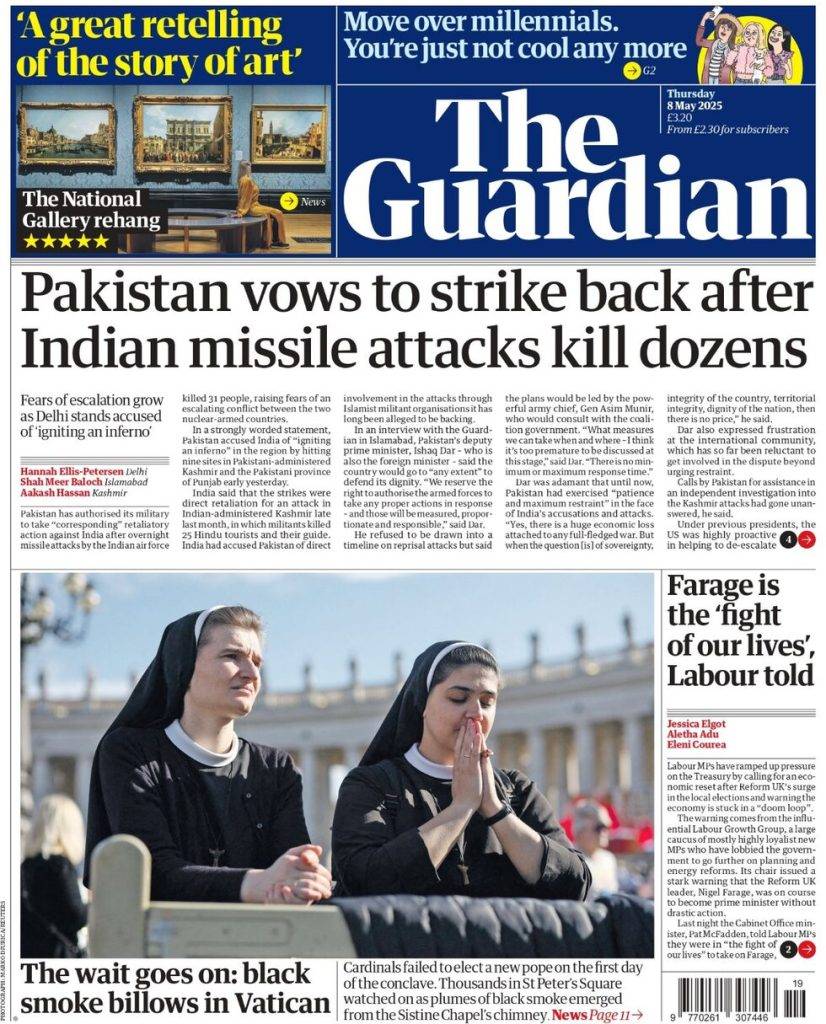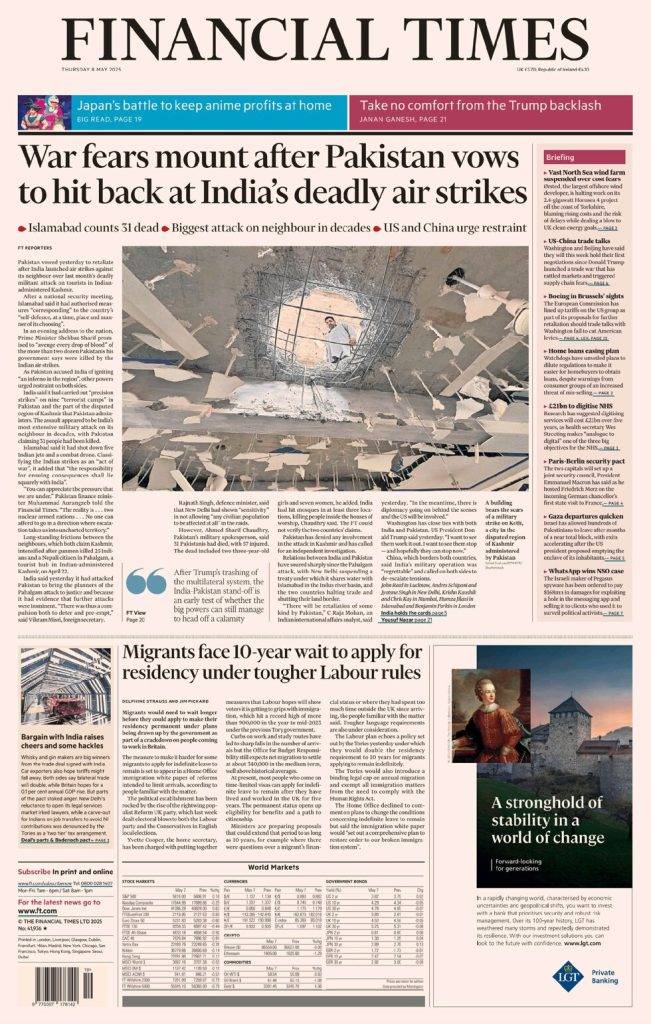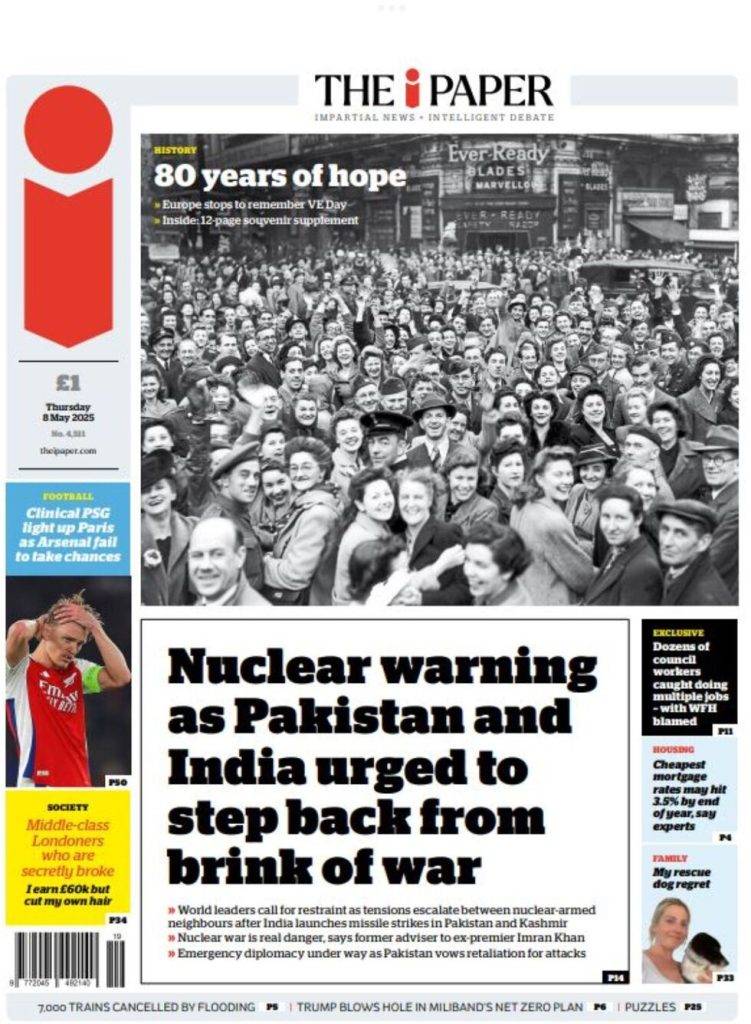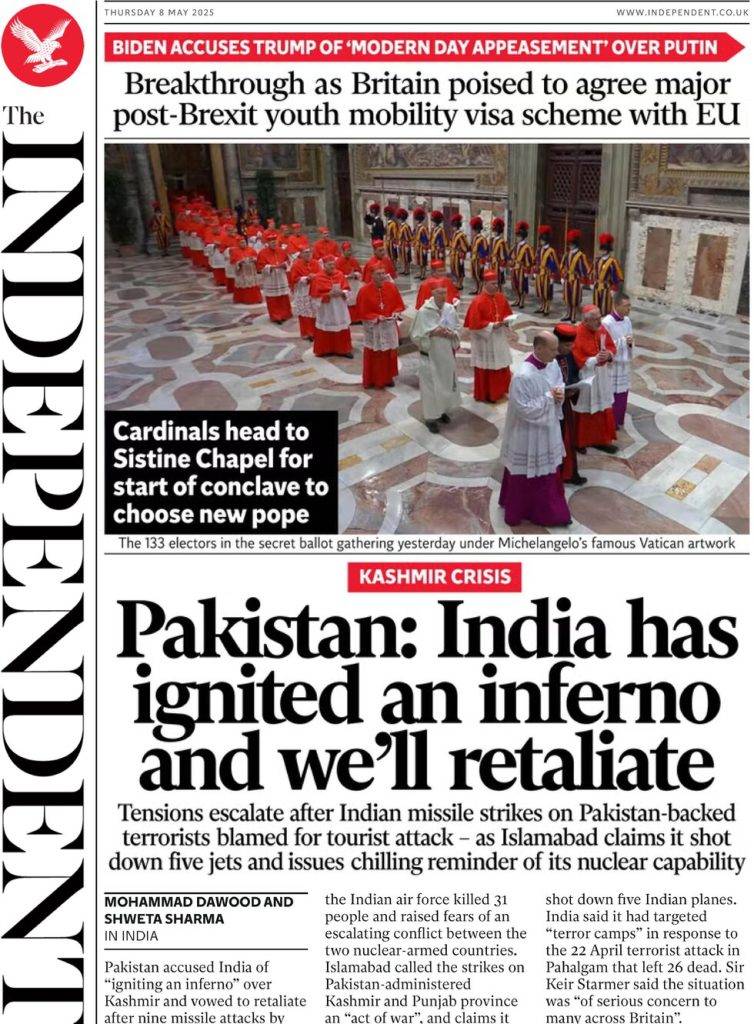Latest News
- Unlocking the Secrets of Effective Digital Marketing Strategies Today
- Today’s Football Fixtures| PL| Seria A| La Liga & more
- Step-by-Step Guide: How to Vote for the Wildlife Photographer of the Year
- Chelsea’s Liam Rosenior confronts Arsenal players before Carabao Cup semi-final
- Ursula von der Leyen to Visit Australia in Bid for Trade Agreement This Month
- Travel Warning Issued for Southern, Thameslink & Gatwick Express Amid Multiple Incidents
- Seasonally adjusted government deficit at 3.2% of GDP in Europe – Economic Pulse
- European Commission Introduces EU-INC to Streamline Company Formation






